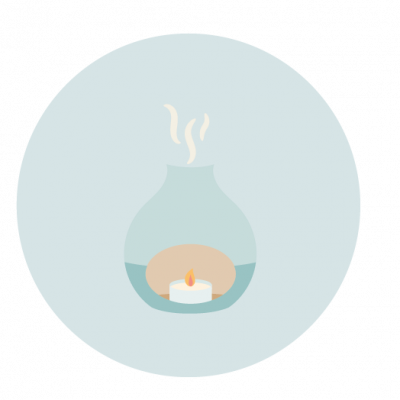The anticipated needs of staff will vary across each of the phases, consider the following support mechanisms:
| Phases | Issue and likely impact | Needs and recommended approach |
| Pre-phase: No cases on unit | Anticipatory anxiety about what’s on it’s way. Inability to think clearly, feeling overwhelmed, planning. Communication errors. Tension in working relationships. ‘Readiness’ burnout | Increase a sense of control – the team are in a safe pair of hands. Reassurance and planning. Communication updates are key (you may be thinking ahead, they are thinking now). Escalation plan. Support to managers who are making plans and holding the stresses. |
| Initial phase: Case 1 Core phases: Full scale – multiple cases | Starting to get going, lots of trying out, lost time, repetition and frustration. Further anticipatory anxiety. Biggest risk period. Fear infection and implications for families. Overwhelming workload. Full go mode – adrenalin and automatic pilot. Exhaustion. Moral distress as healthcare rationed. Distress linked to personal or family experience of COVID-19. Experience fear or stigma when out in public. | War room – planning central to allow centralised communication. Management are visible and available Regular communication bulletins and open forums. Have runners in PPE areas. Promote peer support. It’s okay to say you are not okay – senior staff to model this. Rotate workers from high-stress to lower-stress functions. Small pre-brief and debrief of the day. Partner inexperienced workers with their more experienced colleagues. Psychological first aid – drop in sessions for staff with employee wellbeing if you have it. Ensure the basics: breaks, facilities (food trolley in staff room), sleep, days off. Manage visitors. |
| End phase: Immediate aftermath Long term | Exhaustion and post trauma recovery / stress Some ongoing PTSD Reflection and learning | Debriefing Staff 1-1 and group sessions Learning and preparation for the future. Organise thanks and reward. Look out for signs of PTSD in staff: – on edge and hyper arousal. poor sleep – flashbacks or re-experiencing – avoidance of reminders |
Most importantly this is unprecedented: It is okay to not be okay
- Seek information updates at specific times during the day once or twice. The sudden and near-constant stream of news reports can cause anyone to feel worried. Get the facts. www.gov.uk
- Feeling stressed is an experience that you and many of your colleagues are likely going through. It is normal to be feeling this way in the current situation. Stress and the feelings associated with it are by no means a reflection that you cannot do your job or that you are weak.
- Managing your stress/psychosocial wellbeing during this time is as important as managing your physical health.
- Take care of your basic needs and ensure rest and respite during work or between shifts, eat sufficient and healthy food, engage in physical activity, and stay in contact with family and friends.
- This is an unprecedented scenario, don’t try to learn new strategies, use the ones that you have used in the past to manage times of stress.
- This is likely to be a marathon – pace yourself
- Be aware of your “bandwidth”- it might take longer to think things through and make sense of things if you are feeling overwhelmed.
- Beware dramatic language that might panic your colleagues.
- Avoid using unhelpful coping strategies such as tobacco, alcohol or other drugs.
- Some workers may unfortunately experience avoidance by their family or community due to stigma or fear. If possible, staying connected with your loved ones including through digital methods is one way to maintain contact. Turn to your colleagues or team leader for social support – your colleagues may be having similar experiences to you.
